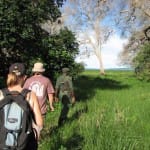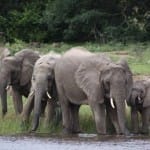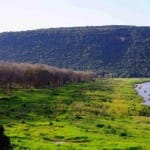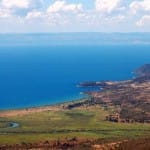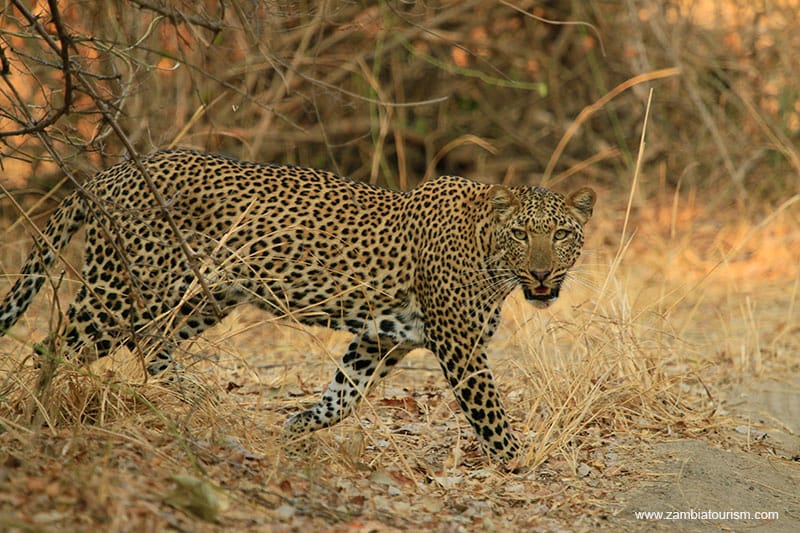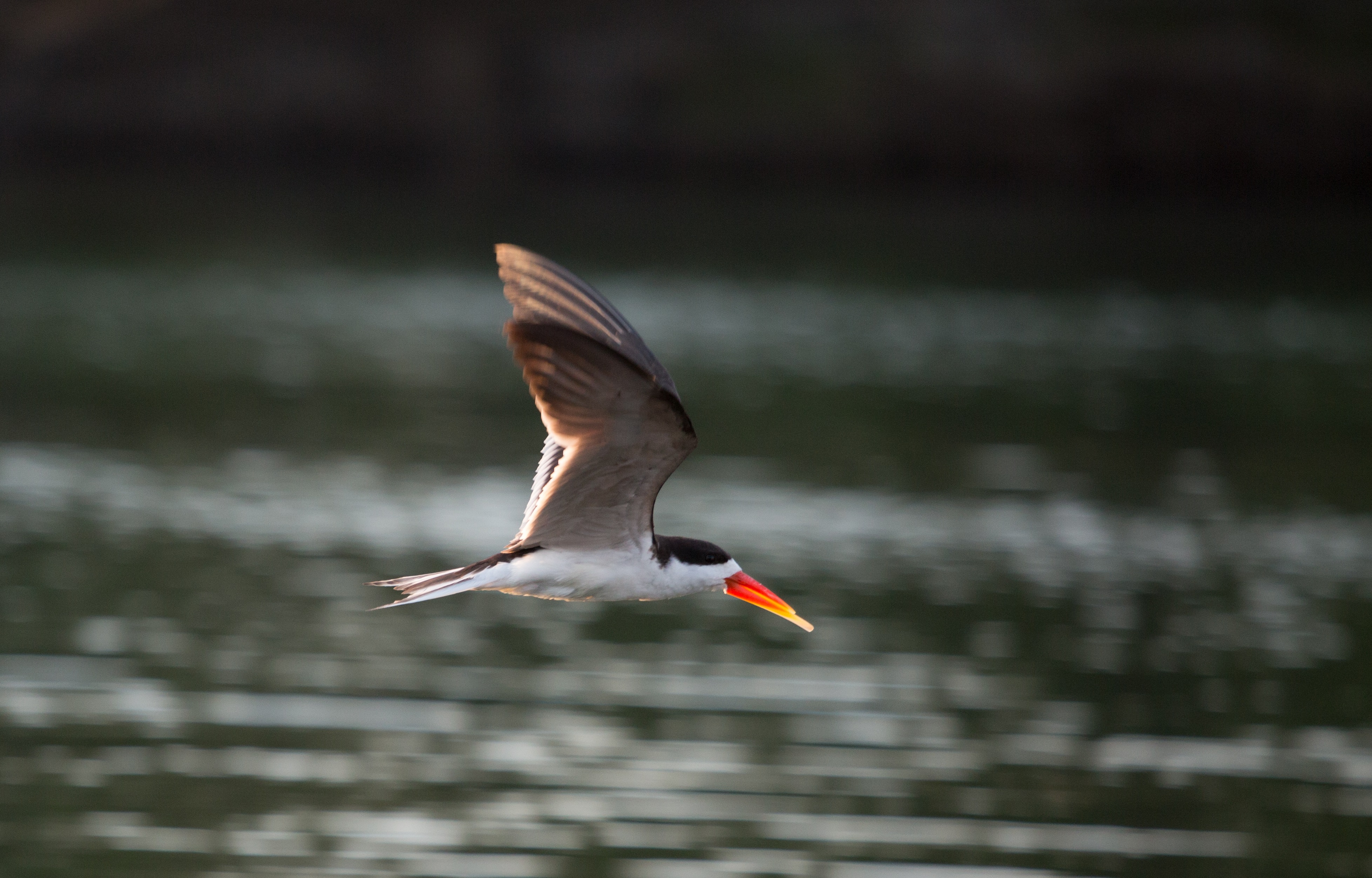NSUMBU NATIONAL PARK
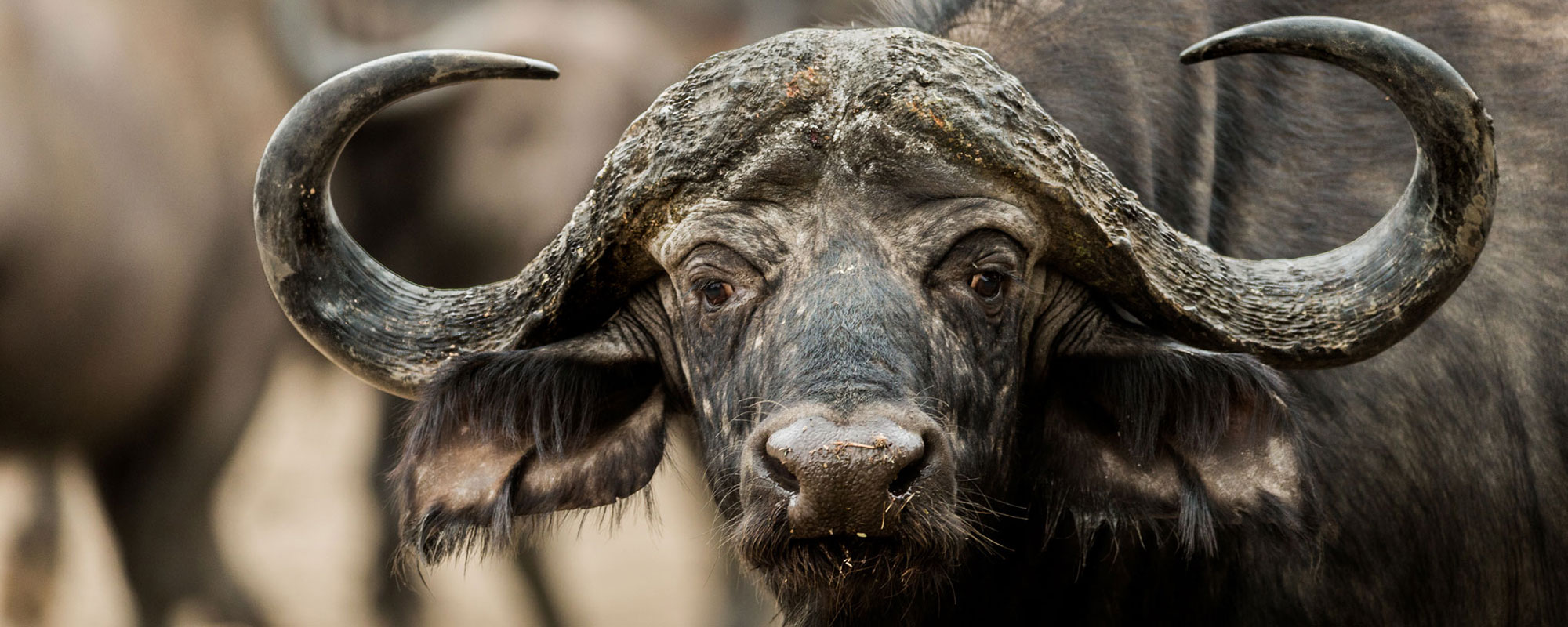
Lying on the southern shores of Lake Tanganyika in the northernmost tip of Zambia, Nsumbu National Park covers an area of just over 2 000km² / 1 255mi². It includes 100km / 62mi of some of the most pristine shores of this vast lake. Its beauty ranges from sandy beaches, vertical cliffs, rocky coves and natural bays to the rugged hills and deep valleys of the interior. The Lufubu River winds its way through the park and pours into Lake Tanganyika.
The western boundary of Nsumbu National Park, or Sumbu as it is called locally, is buffered by the Tondwa Game Management Area. The much larger Kaputa Game Management Area is also contiguous with the national park to the north-west and south-west, and therefore the National Park completely surrounds Tondwa.
Nsumbu is dissected from west to east by the sizable and perennial Lufubu, which also demarcates the eastern boundary of the park up to the river’s discharge into Tanganyika. The Nkamba and Chisala Rivers are ephemeral and smaller than the Lufubu, draining Tondwa Swamp into Nkamba and Sumbu Bays respectively, the former through an attractive valley with abundant wildlife. Much of the park is covered by combretum thicket but along the lakeshore there are many strangler figs and candelabra trees along with the strange and interesting boulders balanced on top of one another.
MORE INFORMATION
LATEST NEWS
Spectacular new video shows South Luangwa in all its glory
Once again, the creative team at Zambiatourism.com have been busy putting together a highly proffesional promotional video to showcase one of Zambia's flagship destinations - the pristine and game rich South Luangwa National Park, which also happens to be one [...]
Project Luangwa Newsletter, September 2015
Last June Project Luangwa had its fifth birthday – yes, that’s right Dave and I have been living and working here in Mfuwe for over five years. At the time we were a bit too busy to celebrate or even [...]
Why you should visit Kafue National Park
Here is why you should safari in Kafue National Park Pristine wilderness The Kafue National Park is underrated by so many, but now, tourists are starting to see what the fuss is all about and justifiably so. Kafue is vast, [...]

